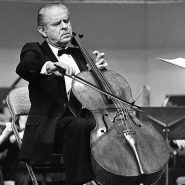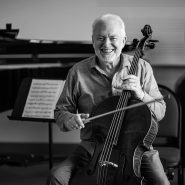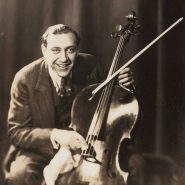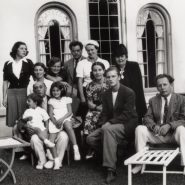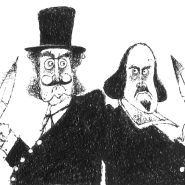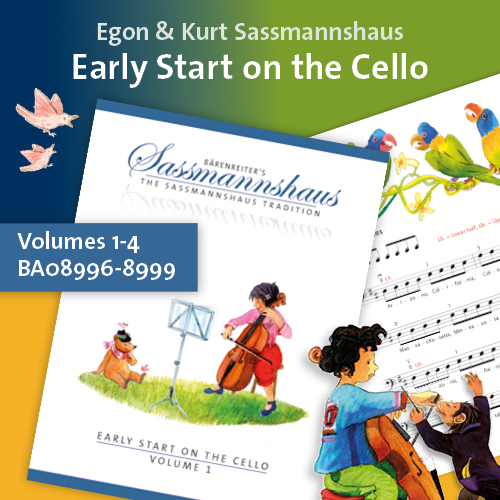Tag: Heifetz
By Tim Janof December 15, 2021
By Tim Janof August 5, 2019
Subjects Interviews
By Paul Katz January 24, 2018
By Brinton Smith January 4, 2018
By Robert Battey January 7, 2013
Subjects Artistic Vision
Tags Battey, Beethoven, commitment, critic, expertise, Heifetz, patience, Philosophy, problems, robert, Strings Magazine, traveling
By Selma Gokcen October 22, 2011
Subjects Playing Healthy
